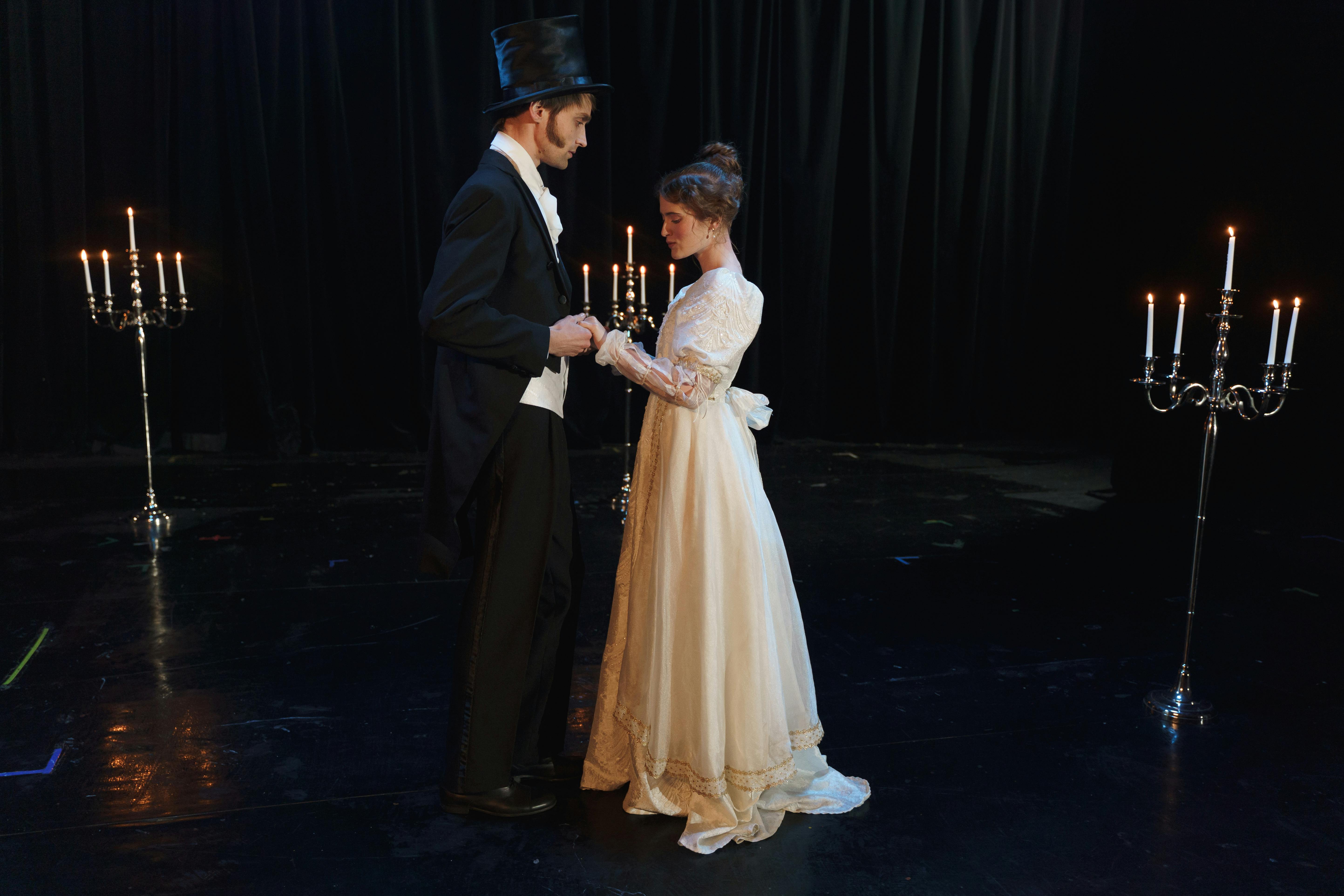In our current era of bad manners, bombast and bombers, Patrick Henry would seem like the ideal heartthrob. Sure, there is: the revolutionary ranting from the Virginia woods yelling at the respectable aristocracy of Tidewater: “If this is treason, make the most of it!” and “Give me freedom or give me death!” After all, didn’t he make his first mark on the world by beating up in court a group of clergymen from his own church, one of whom was his uncle, for whom he was named? Give them hell, Patrick! Now here is Col. Henry with his local militia marching on a gunpowder hideout in Williamsburg defended by Colonial Governor Lord Dunmore and his British troops. Necklace. Henry is determined to fight to the end, if necessary. Dunmore turns and runs, but who would know that?
The Voice of the Revolution, willing to risk receiving a real bullet in this confrontation, was obviously willing to “walk the road” as well as to “speak what it says.” Patrick Henry, a Rambo for all seasons? Despite the mythology, despite the stereotype that prompted Timothy McVeigh’s search for a retroactive role model in a biography of Henry while awaiting trial (TIME, August 14, 95), when we examine Mr. Henry closely And be careful, we are certainly not going to find a confused rebel. But good boy, considered adversary, good loser? That Patrick Henry was a man of unwavering principles, there is no doubt. “The first thing that matters to me is American freedom; the second thing is the American union,” he said at the Virginia Convention on the Ratification of the Constitution in 1788. That pretty much sums up the political creed of his entire life. Henry’s attitudes and methods toward achieving these goals may have changed over time as he gained wisdom through experience, but not the goals themselves.
Yet even in his admittedly more impetuous early years, we can discern a much more complex Patrick Henry than his advocates have been willing to present for fear of weakening the image of the fire blight. “I think he was the best-tempered man in society that I hardly ever met, and the greatest orator that ever lived,” recalled Thomas Jefferson in 1805. “He had an accomplished knowledge of the human heart, which enabled him to direct the efforts. of his eloquence. achieving a degree of popularity among the general public, perhaps never equally driven. “Henry’s good humor seems to have been part of his genetic makeup and, influenced over the years by his religious upbringing and keen powers of observation, developed in conjunction with his considerable mental abilities. Therefore, he never hesitated to attack sin, but, understanding human frailty, he was almost as willing to forgive, or at least tolerate, the sinner. Even in Henry’s early juvenile court Jeremiahs against the established church and government, the Parsons’ Cause Case and the Stamp Act Speech, there are stories of his regard for his opponents. “I will be forced to say some harsh things about the clergy, and I am not about to hurt their feelings,” reports Henry’s first biographer, William Wirt, warning his uncle, the Rev. Patrick Henry, just before the start of the judgment of the parish priest’s cause.
And there is the troubled story of the “French traveler,” who was present at the Virginia House of Burgesses to witness Henry’s speech on the Stamp Act. Based on the stranger’s perhaps imperfect understanding of the debate he had witnessed, the speaker offered to apologize if he had offended, but this version of what happened seems to differ from everyone else’s, including Jefferson’s. Henry’s twentieth-century biographer Robert Meade is probably right: “Possibly Henry, after sidestepping the brink of betrayal, made some conciliatory comments. But the evidence is overwhelming that these comments, if indeed made, were not. a weak apology. It was a time when knights bowed politely before even attempting to engage in a duel. ” Fast forward ten years to 1775, St. John’s Church, Richmond, where a convention of distinguished Virginians has met to consider arming their colony against the British. Once again, the aristocrats of Tidewater are dragging their feet; they simply refuse to acknowledge the inevitability of the coming conflict. Patrick Henry is there, he will put them in their place. The trumpet of revolution is recognized by the chair and he rises to speak: No one thinks more than I do of the patriotism, as well as the skills, of the very worthy gentlemen who have just made their way to the house. But different men often see the same subject in different lights; and, therefore, I hope that these gentlemen are not considered disrespectful if, like myself, harboring opinions that are very opposite to theirs, I will express my feelings freely and without reservation. . . “What! Is this some way to begin the speech that ends with the immortal spiel,” Give me freedom or give me death! “?
Did the older and more mature Henry, twelve years after the Parsons case and approaching forty, believe that beginning his speech by politely acknowledging his opponents as valuable individuals would convince them of his way of thinking? It is not probable. But on the other hand, what would be gained by attacking them personally for their opinions? “There was a trait in Mr. Henry, derived from his good disposition and his magnanimity, which gave him great credit and is universally accepted,” Judge Spencer Roane wrote in his father-in-law’s memoirs. “He was extremely kind to young people in the debate, and he was willing to congratulate even his opponents when they deserved it.” Henry was not only kind to his opponents in debate, but he was occasionally merciful, as the following story illustrates: Henry’s most famous case as a lawyer was that of British Debts, tried in the early 1790s. Henry argued successfully that the money owed by the Americans to English merchants before the Revolution was no longer due to the demands of the conflict. One of Henry’s opponents in the courtroom was a Mr. Ronald, who “was suspected of not being very warm to the American cause.” In attempting to present his argument, Mr. Ronald made the unfortunate mistake of referring to the Commonwealth of Virginia as a “rogue colony,” a term that would still draw the ire of any loyal citizen of the Old Domain today.
Henry’s reaction to this insult is described by his biographer, William Wirt: Hearing this word, he looked at Mr. Ronald with his penetrating gaze and frowned, with an expression of indignation and contempt that almost seemed to annihilate him. It was like lightning. Mr. Ronald shrugged from the withering gaze: and pale and breathless, he lowered his eyes, “seeming, says my informant, to be in search of an auger hole, through which he could fall through the ground and escape forever from the sight of mortals. He raised his eyes gently towards the court, and slowly shaking his head, with an expression of regret, added: “I wish I had not listened to him: because although he meant it innocently (and I am sure that it was so, by the character of the gentleman who mentioned it), however, I dislike the sound, it is disgusting. “
Mr. Ronald breathed in again and looked up, and his generous adversary dismissed the subject, never to take it up again. Patrick Henry opposed the ratification of the United States Constitution in its original form. Generally, he objected for two reasons: he felt that it required too strong a central government and originally the document did not contain a Bill of Rights. At the Virginia Convention on the Ratification of the Constitution, held in Richmond in 1788, the 52-year-old Henry argued long and eloquently to persuade his fellow Virginians to vote “no.” He lost. Although there was a promise of a future Bill of Rights, there was no guarantee. Was it time for another revolution? Here’s what Mr. Henry said: I apologize to this house for taking more time than my share; and I thank you for the patience and courteous attention with which you have listened to me. If I am in the minority, I will have those painful sensations that arise from the conviction of being defeated by a good cause.
However, I will be a peaceful citizen! My head, my hand and my heart will be free to recover the loss of freedom and eliminate the defects of that system in a constitutional way. I do not want to go to violence, but I will wait in the hope that the spirit that prevailed in the revolution has not yet gone; nor the cause of those who are linked to the revolution are still lost; therefore, I will wait patiently, waiting to see that government changed to be compatible with the safety, freedom and happiness of the people. Henry saw a Bill of Rights added to the Constitution three years later. Still, he never felt completely comfortable with the new government and turned down numerous offers to serve in it. In the late 1790s he retired to Red Hill and watched events from afar. Certainly, there were controversies, some very heated, in particular the Alien and Sedition Laws. In early 1799, at the urging of his former commander-in-chief, George Washington, Henry appeared at Charlotte Court House as a candidate for the Virginia legislature. In his last public address, he addressed the issues of the day: If you ask me what to do, when a people feels intolerably oppressed, my answer is ready: Overthrow the government. But I beg you not to take things that far without provocation.
Wait at least until some infringement of your rights is committed and cannot otherwise be repaired; because if you ever turn to another change, you can say goodbye to representative government forever. Patrick Henry, “The Voice of the Revolution”, was elected but died in June 1799 before he could take office. George Washington, “The Sword of the Revolution”, died that same year. Thomas Jefferson, “The Pen of Revolution,” lived another twenty-seven years. The reputations of Washington and Jefferson have remained brilliant and even increased in this century, roughly in line with the growth of the federal government, in which they played such an important role. Patrick Henry, who never held federal office, has become in our time “The Forgotten Patriot” or, at best, a seven-word snippet.
Today, the few who still revere “The Forgotten Patriot” seem determined to remind us of the fire blight, but it may be that our current rude age needs the kindest and gentlest Patrick Henry more. Perhaps the Americans of the late 20th century would serve their country better by emulating its character rather than uttering its words without thinking. Patrick Henry was the first of the Founding Fathers to teach us the lesson of constitutionalism the hard way: by losing. You present your case, you vote and, if the vote is not in your favor, you seek to make changes in a constitutional manner. Patrick Henry, “the best humorous man in society”, “friendly … in debate”, “willing to congratulate his adversaries”, “dominated by a good cause” but “willing to remain a peaceful citizen”. The Voice of the Revolution at the end of his life became the law-abiding dissident. In doing so, he provided his country with a great and perhaps its most valuable service.




Recent Comments